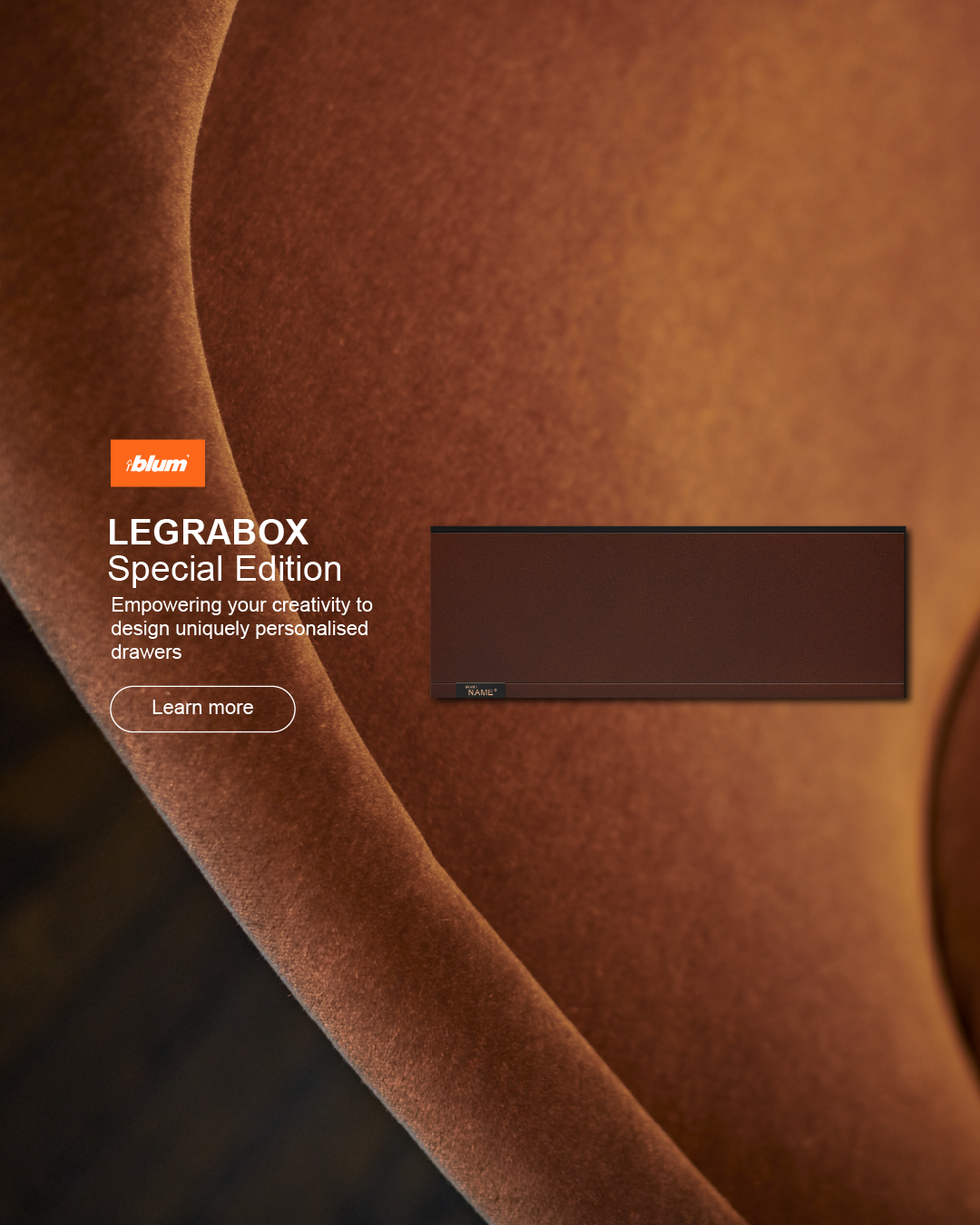
Rob Kennon Architects Explore a New Typology for Open Connected Living
The Prahran House by Rob Kennon Architects transforms an original Edwardian boarding house into a contemporary family home that explores a new typology for open, connected living.
The design clearly differentiates between the old and new sections of the home with a sympathetic restoration of the heritage facade and private spaces to the front, while the new addition nestles below the gutter line of the existing house. Working with the distinction between the old and new spaces, the Prahran House creates a series of connected yet individual spaces with a strong relationship to the outdoors.
When the architects first encountered the house, it had never been renovated and was segmented into many different rooms. ‘It had clearly had a previous life [as a boarding house]’, says Rob, ‘it had never been a family home’. Nevertheless, they could see the potential in the wide site, Edwardian facade and access to a pedestrian lane down one side. The new design restored the front to its original character as sympathetically as possible. Rob describes their approach to the original house as ‘pared back’, restoring the pressed metal ceiling and creating in the original house a private section that contains the bedrooms.
With the upper terrace housing the private and functional program, the transition and separation between these spaces and the public, social spaces in the new addition is marked by a lowered, flat black ceiling and dark floor. Moving through this space, a sense of compression is experienced. On entering the kitchen, the soaring plane of the raked ceiling in the new addition, lit by the east-facing clerestory window, creates a heightened sense of openness and lightness in contrast. The Prahran House is concerned primarily with the relationships between spaces and the control of light, something that becomes increasingly apparent in the new section of the house. ‘In an open living environment, we wanted to create spatial qualities appropriate to each zone’, Rob explains.
The raked ceiling in the kitchen and dining space defines these areas, before the living space steps down and the ceiling returns to flat. The sunken lounge area feels grounded and intimate, enhanced by the contrast with the spatial qualities of the kitchen and dining area. ‘Something about being lower in the living environment has always stood the test of time. Going down to sit down feels natural’, Rob says. The space further changes according to the time of day – during the day it is connected to the garden, and then at night the curtains can be drawn to enclose the space. For Rob, it is these simple elements – the position of a curtain or screen, a change in elevation or ceiling height, and carefully guided light – that play the biggest role in controlling and differentiating the environment, rather than major structural elements such as walls or doors.
These subtle yet powerful changes all contribute to a sense of individuality and specificity to the spaces within the open kitchen, living and dining area. Delicately balancing separation and connection, the spaces within the new addition are not only united by the openness of the space, they also share a strong connection with the outdoors. Glass doors recede into cavities in the walls so that the design does not just blur the line between indoor and outdoor but completely breaks down any barrier. The living and kitchen areas become outdoor spaces when these doors are fully opened. The architects worked closely with landscape architect Robyn Barlow, who planted trees in the deck and outside key openings, making the garden integral to the experience of the house both internally and externally.
Above the kitchen, the eastern clerestory windows bring the morning light in, connecting the inhabitants to the changing light throughout the day. Yet the design does not simply flood the space indiscriminately with light – in the Prahran House light is carefully controlled. Black blades diffuse and direct the light from the clerestory window and the window above the sunken lounge. The blades create a distinctive, almost film noir, stripe of light and shade, softening the potential harshness of the light. Very little direct lighting is used – the raked ceiling is devoid of downlights, creating an even plane ‘that becomes an illumination tool’, Rob explains. Hidden LED lighting below the clerestory window illuminates the plane, reflecting the light back down into the space, while a single task light hangs above the island bench.
The kitchen is the heart of the new design, joining the addition to the original house it is the zone through which the living and dining rooms are accessible. American oak joinery creates warmth and a contemporary seamless facade, while a butler’s pantry behind the main kitchen hides the more utilitarian kitchen functions. There are a large number of appliances in the house and the client, originally from New Zealand, requested Fisher & Paykel. Rob explains the client had a previous experience with their products, ‘and we liked that they could offer a few things that were a bit different’.
The 90cm pyrolytic oven was chosen as it offered the increased width for a built-in oven, paired with a 90cm induction cooktop. Both kitchen and butler’s pantry include a DishDrawer, and an integrated refrigerator-freezer hides behind the American oak cabinetry in the main kitchen. The kitchen expands out onto the deck and garden and contains a CoolDrawer for drinks and a Fisher & Paykel DCS grill. In parallel with the appliances integrated into timber joinery inside, the outdoor kitchen is screened by timber battens, integrating it with the architecture. Since specifying all Fisher & Paykel appliances in the Prahran House, Rob reflects ‘It’s great to see someone thinking differently about appliances. They’re testing new ideas and there’s a real sense of innovation’.
While the expanses of glass that stack into the wall cavities and the warm, light timber create a sense of lightness and openness, the design is grounded by huge cast in-situ concrete walls. Bookending the kitchen and dining spaces, the concrete is tactile and solid, its volume enhancing the angles of the raked ceiling. The unadorned concrete walls further contrast with the period architecture of the original house, serving to highlight the new addition. Solid concrete also provides thermal mass and is acoustically interesting, Rob explains. ‘There’s something nice about the seamlessness to it and the fact that you mould it and pour it’, he says.
Working with light, space, and form, the Prahran House delicately balances an open living environment with separate zones and spatial elements appropriate for each area. Old and new are respected for their different qualities and used to define the public and private areas of the home. The sense of structure this achieves is carried through to the new open living environment, exploring a new typology for open, connected living.





















































